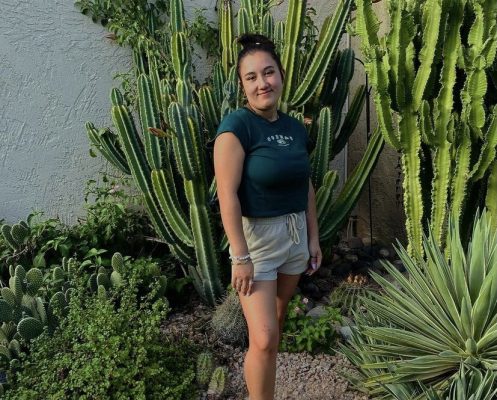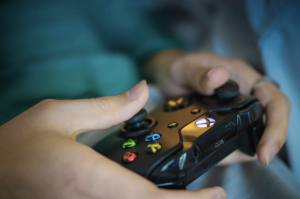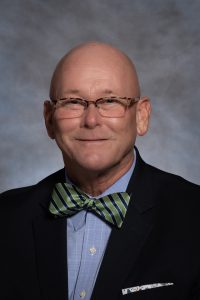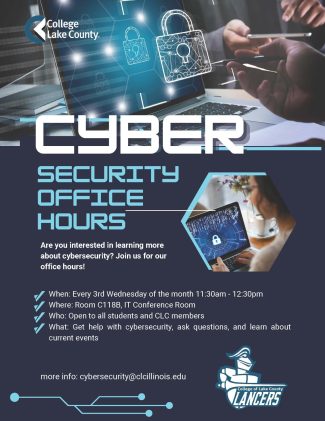CLC reacts to FDA vaccine approval
September 8, 2021
Just a year and a half ago, scientists behind the Pfizer–BioNTech COVID-19 vaccine were running the first phase of its clinical trials.
Now, in August 2021, the Food and Drug Administration has approved the Pfizer-BioNTech vaccine, making it potentially a more popular choice among its counterparts.
While the FDA’s approval of the vaccine is an enormous milestone in the war against the virus, Americans across the country wonder if this will persuade those who are on the fence about getting the vaccine.
Erin Upadhayay, a student at CLC and one of many to recently get the vaccine, mentioned how she feels a bit more at ease receiving the two-dose shot after the FDA’s approval.
“I felt more secure getting the vaccine knowing that it has been tested by the FDA. I can bet a lot of people probably feel the same way,” said Upadhayay.
Erin Upadhayay
A recent poll from the Kaiser Family Foundation showed that more than a third of its participants were now willing to get the vaccine after its full approval.
According to the FDA webpage, the federal agency was “founded in 1906 and is responsible for protecting the American public by ensuring safety, efficacy, and security of human and veterinary drugs, biological products, medical devices, and the nation’s food supply.”
FDA Commissioner Doctor Woodcock seemed to agree with Upadhayay’s sentiments.
“With the first FDA-approved COVID-19 vaccine [Pfizer-BioNTech], the public can be very confident that this vaccine meets the high standards for safety, effectiveness, and manufacturing quality the FDA requires of an approved product,” Woodcock said.
However, despite the FDA’s recent approval of the vaccine, there is still a population of Americans that remain uncertain about the shot.
According to the same KFF poll, more than half of unvaccinated Americans disagree or oppose the full approval, as it allows for schools and businesses to mandate the vaccine. Additionally, many unvaccinated adults also feel uncomfortable because the vaccine is new.
Regardless, the COVID-19 pandemic and vaccine has become widely politicalized in America. This could potentially be a source to the altering of the statistics and demographics of those who trust and do not trust the vaccine.
Political views, religion, personal opinions, and medical exemptions can contribute to the difficulty officials have to get their substituents vaccinated.
However, a YouGov website stated that the most likely way to get people vaccinated is to have them understand that the vaccine will also protect their family.
“One in seven unvaccinated adults (14%) would be motivated to get the vaccine if they believed it could protect their family”, said YouGov polling expert Kathy Frankovic.
If so, the best way to vaccinate the American population and curb the virus is to persuade the public that vaccination will not only protect themselves but also their families.
Mixing this idea with easily available vaccinations, financial incentives, the recent FDA approval, and even an urgency from state and local governments is ultimately a good recipe to provide safety to the American public in regards to the COVID-19 pandemic.







